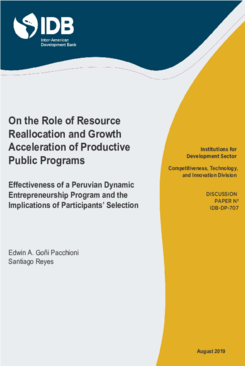Metropolitan Governance: Principles and Practice
Date
Mar 2019
This paper identifies a range of governance mechanisms to support the efficient and equitable provision of public services and improve policy coordination in metropolitan areas. It provides examples from cities in the Global North and Global South and takes a closer look at metropolitan governance in Brazil, where the constitution makes it challenging to create formal metropolitan structures. The experience of Brazil indicates that the lack of coordination across municipal boundaries leads to significant inefficiencies in the delivery of important services. The review of metropolitan governance models points to many alternatives that could alleviate these inefficiencies. The choice of model, however, depends on how decision makers choose to weight conflicting considerations—prioritizing efficiency, access, and accountability points to smaller local government units whereas economies of scale, externalities, and equity suggest larger governments. Regardless of what weights are attached to these criteria, some form of regional structure will result in a better solution for metropolitan governance when compared to the models currently in place. A regional structure would encompass an entire economic region, ensure that services are delivered in a coordinated fashion across municipal boundaries, yield economies of scale, and reduce externalities.



